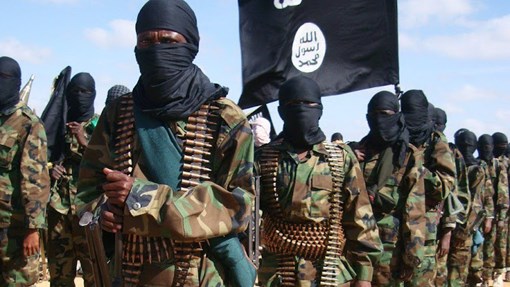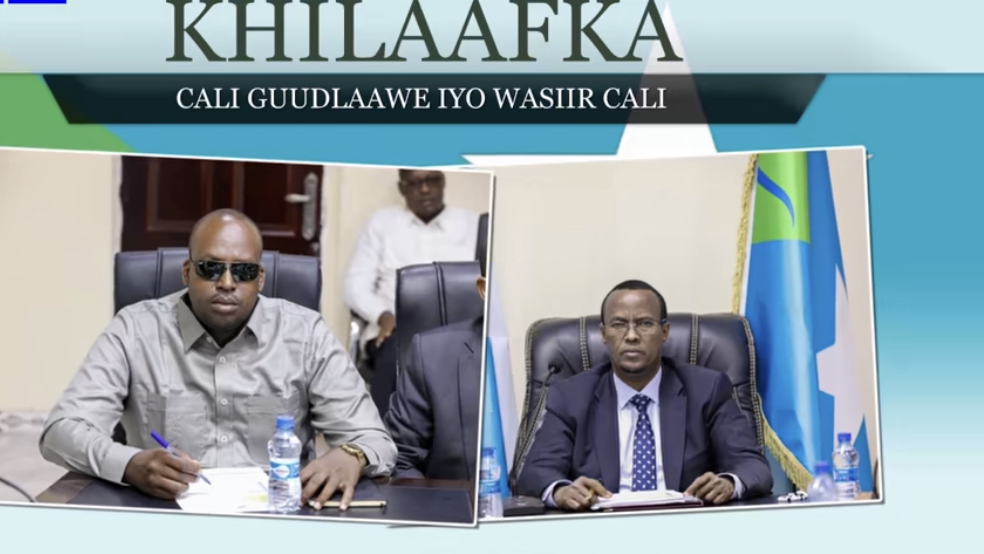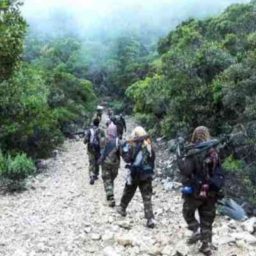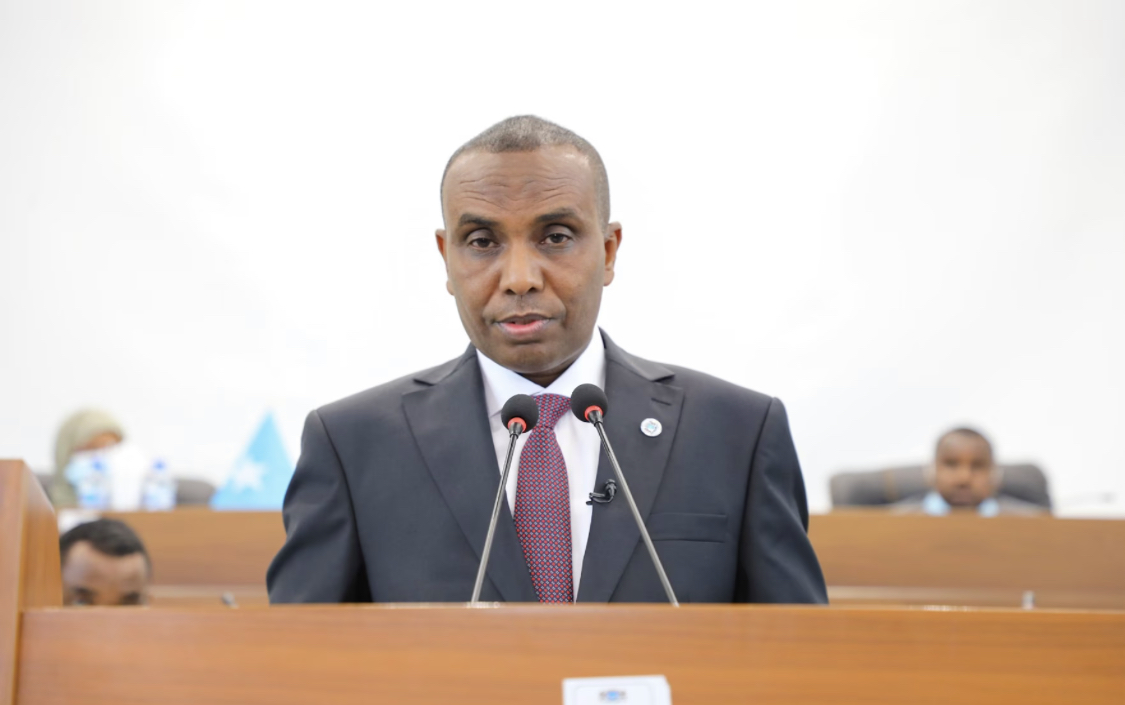Share the post "Somalia’s defector Rehabilitation Centers face Financial Uncertainty"
As Somalia security forces dislodge al-Shabab from new territories in the central regions, the United Nations agency running al-Shabab defector rehabilitation centers says it has not received funding to continue its work, The IOM which implements donor support for the centers in Mogadishu, Baidoa and Kismayo, said it does not have funding for the new year…
The agency has recently informed Somali authorities that funding for the multimillion-dollar project could stop in the new year unless the Somali government and donors reach a deal on the future operations of the program, At the moment, IOM has no funding to continue to support the program,” Frantz Celestin, IOM Somalia chief of mission.
The agency has recently informed Somali authorities that funding for the multimillion-dollar project could stop in the new year unless the Somali government and donors reach a deal on the future operations of the program, “If we don’t get the funding between now and 31st December, we will not be in a position to continue to support the program,” Celestin said in a written response to VOA Somali.
The move is not a permanent cessation but a pause until there is an agreement with the government on a way forward, he emphasized, Known as the National Program for the Treatment and Handling of Disengaged Combatants, the defector project started more than a decade ago and has helped rehabilitate and reintegrate thousands of al-Shabab defectors.
More than 450 defectors are currently benefiting from the program, according to a source familiar with the center. The defectors include men and women who left al-Shabab. Defectors spend up to one year in the centers before they are reintegrated into the community.
The project’s main donors are the United Kingdom and Germany. A spokesperson for the British embassy and the German embassy in Somalia said the two countries have supported the program for many years, The U.K. and German embassies said they intend to continue the financial support for the program in 2023-24 but indicated they wanted to see the Somali government take over the project.




